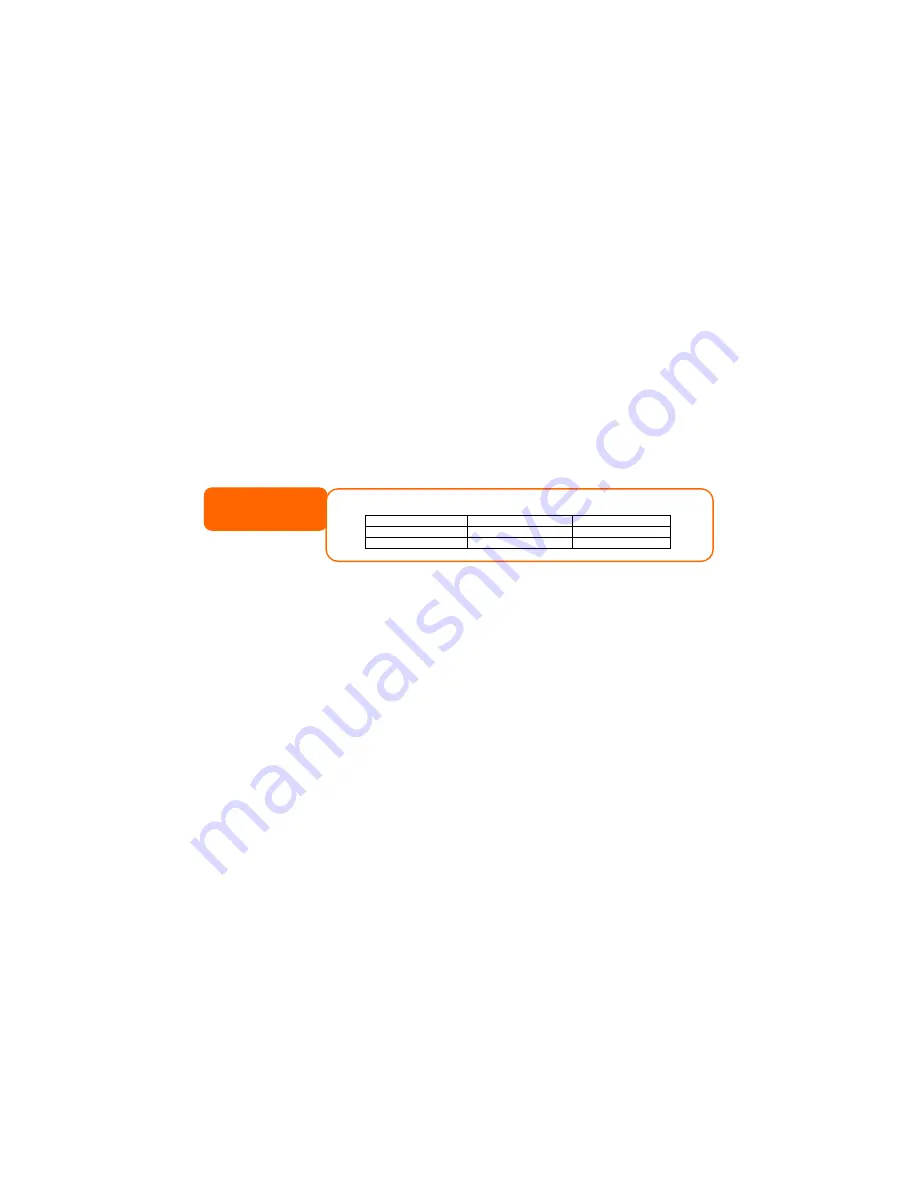
Chapter 7: Tips and Tricks
USB and eSATA Storage Expansion
The N3200PRO supports external USB hard disks through its three USB ports.
Once a USB hard disk has successfully mounted, the entire volume will be copied
automatically to the default USB HDD folder. The N3200PRO supports up to 6
USB external storage devices. All file names on the USB disk volume are case
sensitive.
The N3200PRO also supports eSATA hard disks with its eSATA port.
Before attaching an eSATA or USB disk drive to N3200PRO, you have to partition
and format it on a desktop computer or a notebook first. The attached device will
be located at
\\192.168.1.100\usbhdd\sdf1
where
192.168.1.100
means the
IP address of N3200PRO and
sdf1
stands for the first partition on disk #6, the
eSATA or USB disk drive. If it is an NTFS partition, NAS users can open or copy
files from
\\192.168.1.100\usbhdd\sdf1
but cannot add new files or modify
existing files.
If you want to write to an USB storage device, the file system must be FAT32.
NOTE
USB Storage
FAT32 Partition
NTFS Partition
Read OK
OK
Write OK
-
Adding a Spare Disk
With a RAID 1 array, you can add a spare disk after the initial RAID is setup. To
add a spare disk, follow the steps below:
1.
On the RAID Configuration Screen, tick the checkbox of the hard disk
you wish to designate as a spare disk.
2.
Click Add Spare.
Once the disk is set as a spare disk, it will automatically rebuild the previous
RAID set when one of the disks becomes degraded.
Remote Administration
You can set up your N3200PRO for remote administration. With remote
administration, you can access your N3200PRO over the Internet, even if your
N3200PRO is behind a router. This is especially useful if you are traveling and
suddenly need a file from your N3200PRO.
Setting up remote administration is a three-part process, and will require the
following equipment:
•
Thecus N3200PRO NAS device
•
Cable/DSL Router with Dynamic DNS support
•
Home PC
•
Internet Connection
84
















































